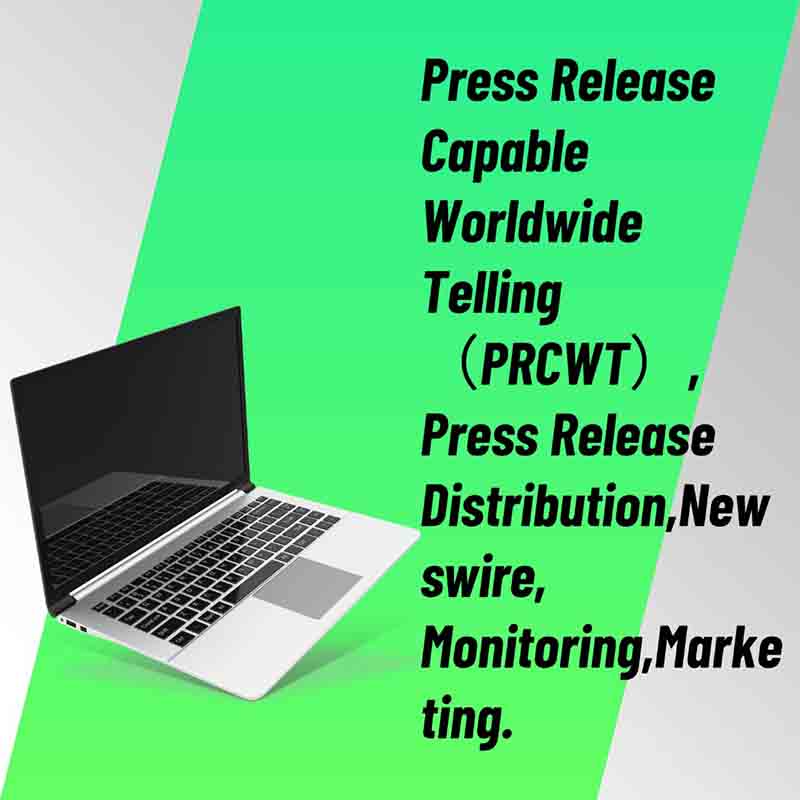When it comes to the words "able" and "capable", they both convey the idea of having the ability or skill to do something. However, there are some细微 differences. "Able" often implies a specific or individual ability, while "capable" suggests a more general or overall capacity. For example, you might say "He is able to play the guitar well", emphasizing his specific musical talent. On the other hand, you could say "She is capable of handling multiple tasks at once", highlighting her general ability to manage various responsibilities.
The usage of "able" and "capable" can also vary in certain contexts. "Able" is commonly used in combination with the infinitive form of a verb, such as "be able to". It emphasizes the potential or likelihood of achieving something. For instance, "They will be able to finish the project on time". "Capable" is often followed by a preposition like "of", indicating the specific area or task in which someone is competent. For example, "He is capable of solving complex problems". Additionally, "able" is more frequently used in informal speech and writing, while "capable" is often found in more formal or technical contexts.
Another aspect to consider is the connotations associated with each word. "Able" can sometimes carry a sense of effort or determination, suggesting that the person has worked hard to develop their skills. "Capable", on the other hand, may imply a natural or inherent talent. For example, you might say "She is an able student who studies diligently", emphasizing her hard work and dedication. Or you could say "He is a capable athlete with great natural ability", highlighting his inherent talent. However, these connotations are not always present and can vary depending on the context.

While "capable" and "competent" are similar in meaning, there are still some distinctions. "Capable" focuses more on the potential or ability to perform a task, while "competent" emphasizes the actual level of skill or performance. In other words, a person can be capable of doing something but not necessarily competent at it. For example, someone might be capable of learning a new language but not yet competent enough to have a fluent conversation. Competence often implies a higher level of proficiency and expertise. It is important to note that the boundaries between these two words can be模糊, and in many cases, they can be used interchangeably.
In conclusion, both "able" and "capable" are important words in the English language that describe the ability to do something. Understanding their微妙 differences can help you use them more accurately and effectively in your communication. Whether you are writing an essay, giving a speech, or having a conversation, choosing the right word can make a significant impact on how your message is perceived. Additionally, being aware of the related words like "competent" can further enhance your language skills and expressiveness. So, next time you need to describe someone's abilities, think carefully about whether "able" or "capable" is the more appropriate choice.
